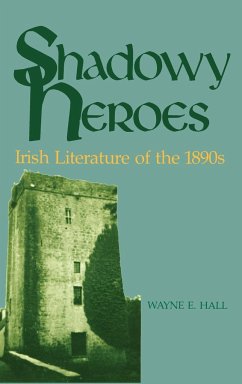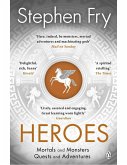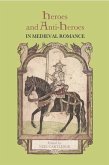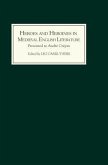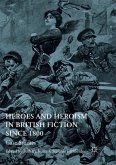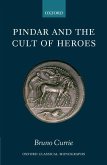The Irish writers of the 1890s-Somerville and Ross, George Moore, Edward Martyn, George Russell, and William Butler Yeats-repeatedly sought to define for their literature and nation a messianic hero and thus to help shape the political and social consciousness of the Irish people. Wayne Hall examines the writing of this decade within its economic and political context, especially the relationship of literature to the issues of land reform and the decline of the Protestant Ascendancy in late nineteenth-century Ireland. Literature and politics tenuously joined forces early in the decade. But the writers came increasingly to identify their own interests with those of the old social order and the landed gentry. They deplored the materialism and egalitarianism that was sweeping aside the manorial past, and as a way of preserving, at least temporarily, the values associated with economic feudalism, they brought to the vanishing way of life its finest artistic expression. The 1890s thus proved to be a crucial transition period, and later Irish writers took many of their themes and literary concerns from this decade. The early stages of the Irish Renaissance also exemplify a problem recurring throughout twentieth-century Western art-the alienation of the artist from society. Failing to unite with and transform the actual circumstances of Ireland, the writers responded by retreating from it and by substituting instead myths of their own making.
Hinweis: Dieser Artikel kann nur an eine deutsche Lieferadresse ausgeliefert werden.
Hinweis: Dieser Artikel kann nur an eine deutsche Lieferadresse ausgeliefert werden.

